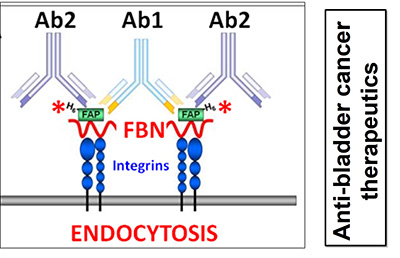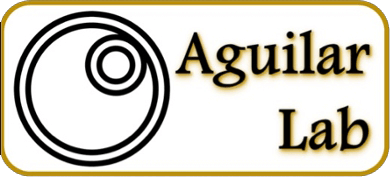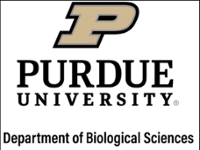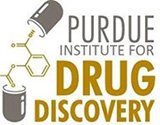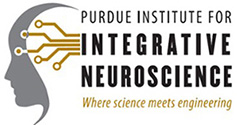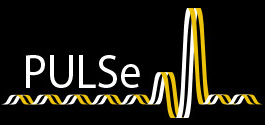RESEARCH TOPICS

Metastasis mechanisms and novel anti-cancer therapeutics.
3B: Development of anti-bladder cancer therapeutics
Bladder cancer is the 4th most prevalent cancer in men, 11th in women and its incidence has been increasing. 70% of newly diagnosed superficial bladder cancer patients suffer disease recurrence after surgery and 25% progress to invasive bladder cancer. Current treatments require at least 2h-long sessions and to be continued for months while side effects include urinary symptoms, cystitis, fever, and inflammatory response. Nevertheless, high rates of disease recurrence and progression continue to persist. In addition, many patients are or become resistant to these. Clearly, new highly efficient approaches for the treatment of bladder cancer are a high priority in the field.
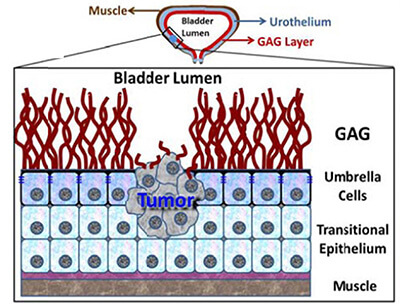
Scheme of the bladder and bladder urothelium architecture. In contrast to normal differentiated umbrella cells, bladder tumor cells are known to be deficient for GAG layer synthesis. Therefore, tumor cells are exposed to the lumen of the bladder. Our therapeutic agents take advantage of such architecture.
Receptor Micro-Clustering Strategy (US Patent 9518114):
We designed this approach to induce endocytosis of therapeutic agents in bladder cancer cells. Receptor micro-clustering is achieved using multivalent agents (e.g. antibodies anti-Fibronectin Attachment Protein (FAP)—see Fig. below). This strategy was the basis for development of 3 independently patented generations of anti-bladder cancer therapeutics and the creation of the startup company Enhance Therapies LLC.
